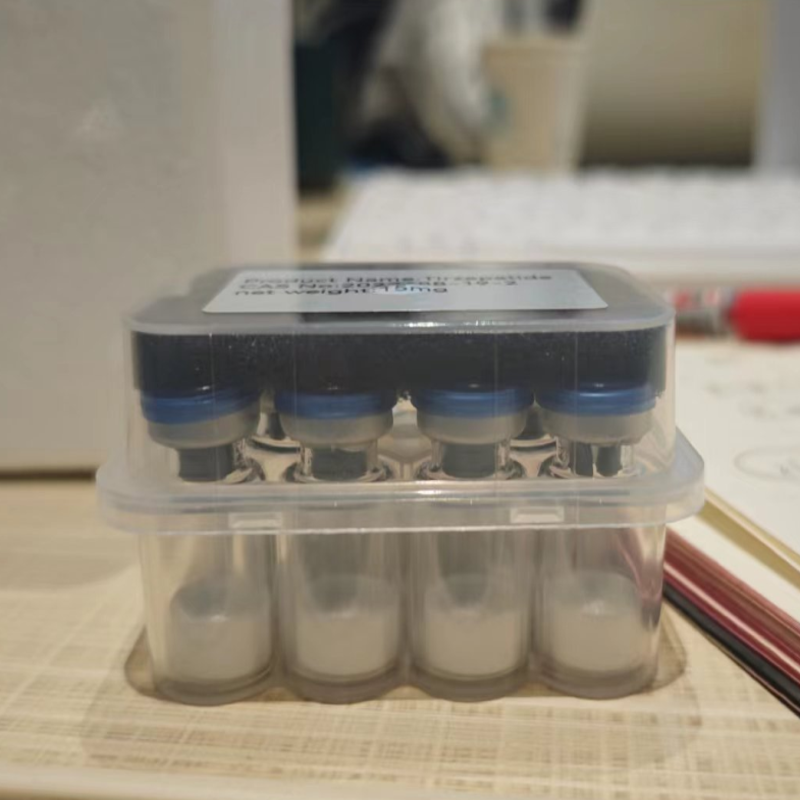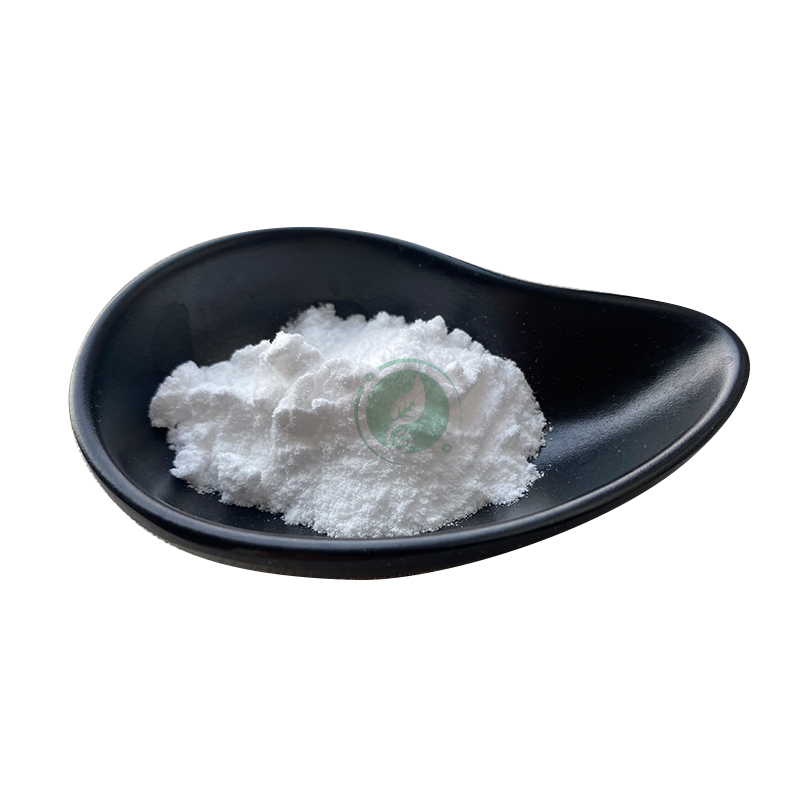-
Categories
-
Pharmaceutical Intermediates
-
Active Pharmaceutical Ingredients
-
Food Additives
- Industrial Coatings
- Agrochemicals
- Dyes and Pigments
- Surfactant
- Flavors and Fragrances
- Chemical Reagents
- Catalyst and Auxiliary
- Natural Products
- Inorganic Chemistry
-
Organic Chemistry
-
Biochemical Engineering
- Analytical Chemistry
-
Cosmetic Ingredient
- Water Treatment Chemical
-
Pharmaceutical Intermediates
Promotion
ECHEMI Mall
Wholesale
Weekly Price
Exhibition
News
-
Trade Service
A new study published in The Journal of Physiology shows that researchers have successfully reused two existing drugs to reduce the severity of sleep apnea by at least 30%
In the UK, approximately 1.
Those who are not treated for sleep apnea are more likely to suffer from cardiovascular disease, dementia, and depression, and are two to four times more likely to have a crash
Despite nearly 30 years of research, there is no approved drug therapy to treat this disease
Flinders University (Flinders University) Adelaide Institute for Sleep Health (Adelaide Institute for Sleep Health) Professor and Director, Nervous System Research Institute (NeuRA) Chief Research Scientist Professor Danny Eckert (Danny Eckert) passed Reusing the two existing drugs and testing their efficacy on patients with sleep apnea has brought scientists one step closer to success
Previous studies have shown that reboxetine and butyl bromide can help people without sleep apnea to keep their muscles active during sleep and help them breathe
By changing the use of the drug, the researchers used a large number of recording instruments to measure whether reboxetine and butyl bromide can successfully target the main cause of sleep apnea
This includes balancing the electrical activity of the muscles around the airways, preventing people from collapsing their throats while sleeping, and improving the regulation of carbon dioxide and breathing during sleep
The results of the study showed that these drugs did increase muscle activity around the participants’ airways and reduced the severity of sleep apnea in participants by a third
Almost all the people in our study have improved sleep apnea
These new discoveries enable researchers to further refine these types of drugs, making them more beneficial than currently discovered
Professor Eckert commented on the study:
He said: "We are very excited, because the current treatment of sleep apnea is limited, which may be a painful process for many people
He continued: "Similarly, we will test whether these treatments can be combined with other existing drugs and see if we can further improve their efficacy
So far, the main method of treating sleep apnea is to wear a mask to sleep, or continuous positive airway pressure therapy (CPAP), which benefits millions of people
In addition, the effectiveness of second-line therapies, such as mouthguards installed by dentists, can be unpredictable and expensive
###







